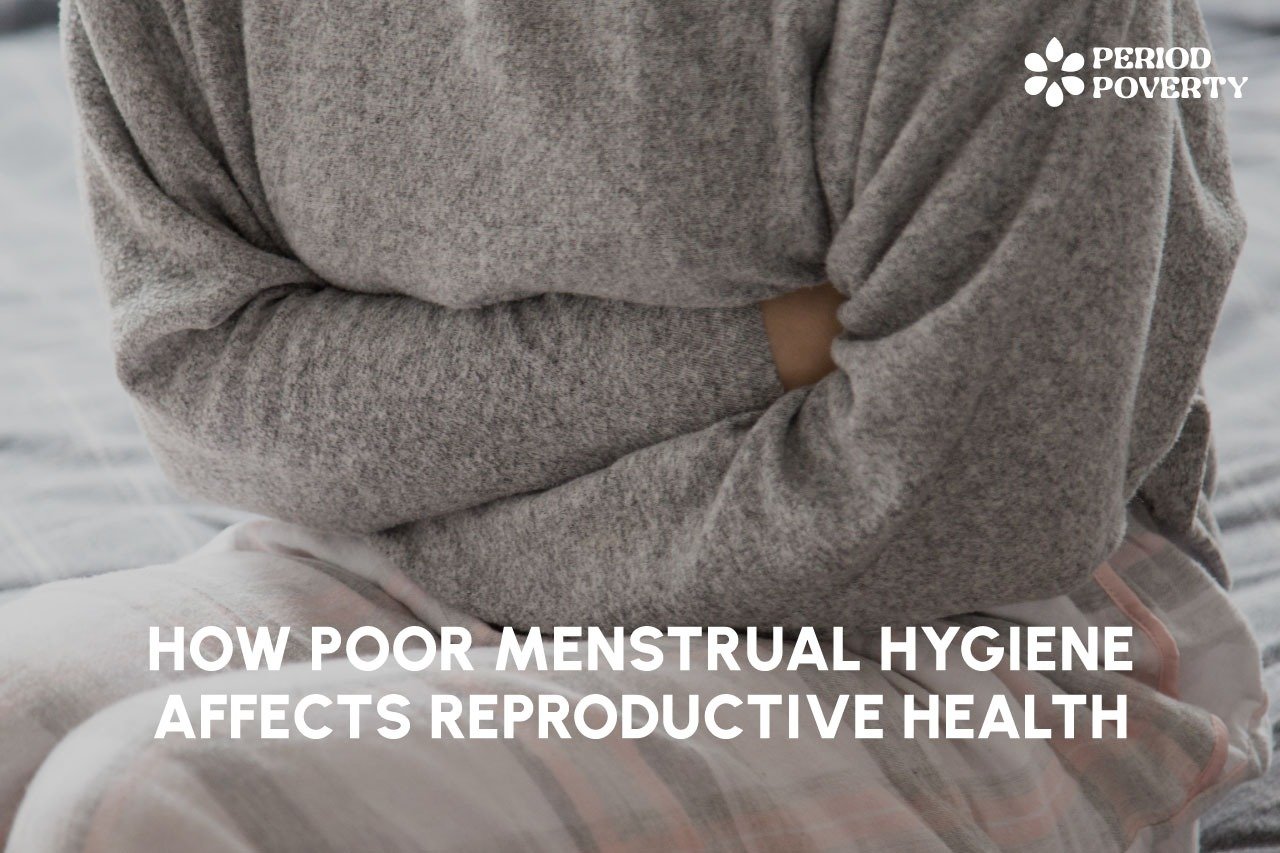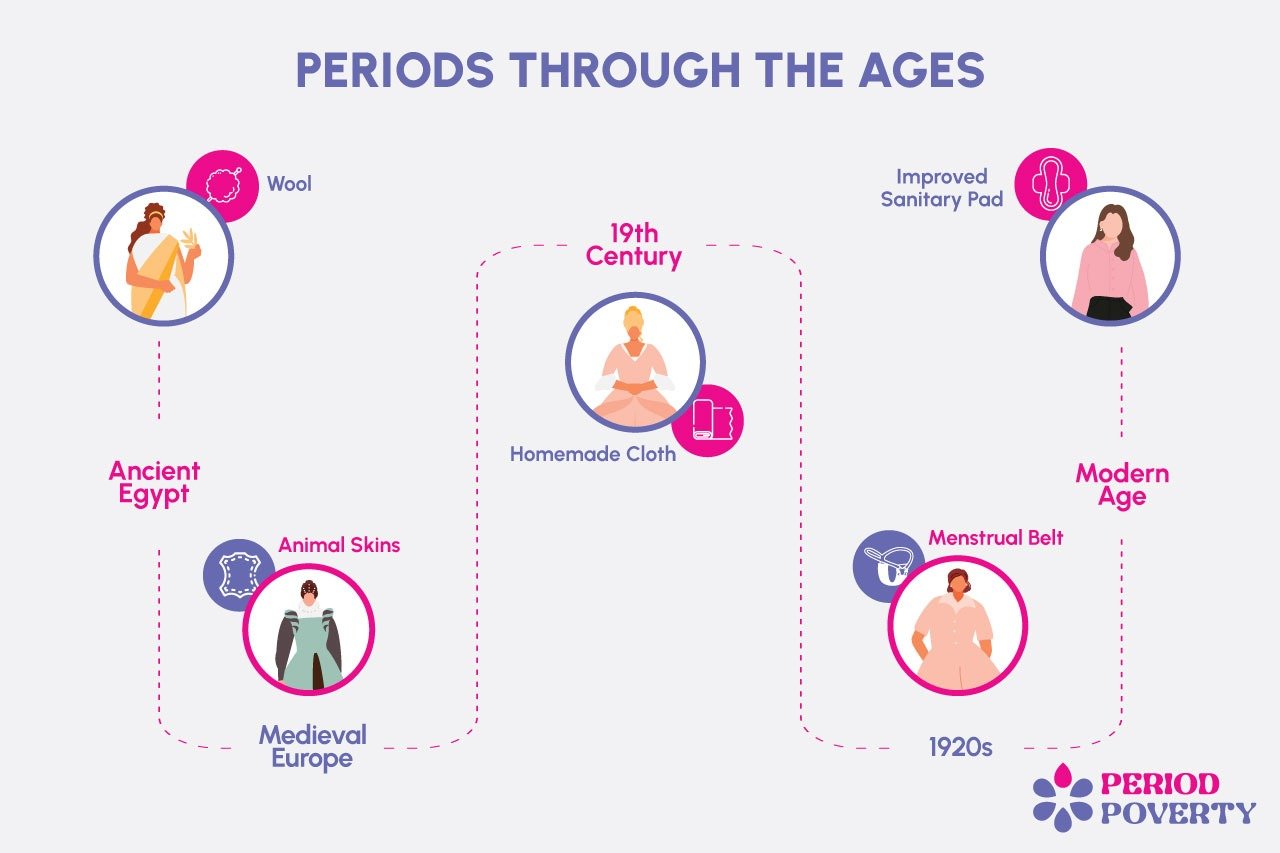Are you aware of the subtle morning routines that could significantly impact your health and wellness, particularly concerning reproductive health? The choices made in the early hours can set the tone for the entire day, especially when it comes to hormonal balance, fertility, and overall well-being. In this insightful guide, we delve into six crucial morning habits that women should steer clear of for better health, specifically focusing on reproductive wellness. From the impact of skipping a nutritious breakfast to the overlooked effects of excessive screen time, rushing through mornings, and neglecting hydration, each aspect intricately influences hormonal harmony and reproductive functions. Let’s explore these morning rituals and uncover their profound implications on the delicate balance of women’s health.
Welcome to a journey that unveils the subtle yet potent factors shaping your health from the moment you wake up. The morning habits we often overlook possess the potential to shape our reproductive health in profound ways. Our exploration into these habits unravels the significance of a balanced breakfast, the effects of immediate screen exposure, the repercussions of hurried mornings, the role of hydration, the impact of morning exercise, and the importance of nurturing mental well-being. Each facet contributes to the intricate interplay of hormones, fertility, and menstrual health. By understanding and modifying these morning rituals, we empower ourselves to foster a healthier, more balanced start to our days, nurturing not just our physical but also our reproductive well-being. Join us in uncovering the secrets of a morning routine designed to optimize women’s health and vitality.
1. Skipping Nutritious Breakfast:
A balanced breakfast is pivotal for maintaining hormonal equilibrium crucial to reproductive health. Skipping the first meal of the day disrupts the delicate balance of essential hormones like insulin, estrogen, and progesterone. Irregular insulin levels caused by skipping meals can cascade into hormonal imbalances, impacting menstrual regularity and ovulation. This imbalance often leads to irregular cycles, missed periods, or increased menstrual discomfort, complicating the prediction of ovulation and affecting fertility.
Additionally, nutrient deficiencies resulting from breakfast omission—such as folate, iron, and vitamin D—can further impair reproductive health, potentially posing risks during pregnancy. Stress responses triggered by skipping meals elevating cortisol levels may compound these issues, potentially disrupting fertility and menstrual health. Ensuring a well-rounded breakfast comprising protein, healthy fats, and carbohydrates is crucial for sustaining hormonal balance and nurturing reproductive health. This meal provides vital nutrients that regulate hormones and support menstrual regularity. [1]
2. Checking Devices Immediately:
Excessive screen time in the morning can throw off the body’s natural circadian rhythm, which significantly impacts sleep patterns. Quality sleep is integral for regulating hormones essential to reproductive health. Exposure to screens, especially in the morning hours, can suppress the production of melatonin, the hormone crucial for signaling the body that it’s time to wind down. This disruption to the sleep-wake cycle not only affects the quantity but also the quality of sleep, potentially impacting the regulation of hormones vital for reproductive health. Maintaining a healthy sleep pattern by minimizing screen exposure in the morning contributes to better hormone regulation, fostering an environment conducive to reproductive well-being. [2]
3. Rushing Through Morning Routine:
Rushing through the morning routine can escalate stress levels, which in turn can disrupt the delicate balance of reproductive hormones. Stress exerts a significant influence on hormonal regulation, potentially affecting fertility and menstrual health. Allocating sufficient time for a calm and deliberate morning routine can effectively manage stress levels. This intentional approach helps in reducing the impact of stress on reproductive hormones, promoting a more balanced hormonal environment. By prioritizing a relaxed morning routine, individuals can positively influence their fertility and menstrual health by mitigating the disruptive effects of stress on the body’s hormonal equilibrium.
4. Neglecting Hydration:
Neglecting adequate hydration can lead to dehydration, impacting various bodily functions, including reproductive health. Insufficient hydration can specifically affect cervical mucus production, which plays a crucial role in fertility by aiding sperm movement and viability. Moreover, dehydration can disrupt hormonal balance, influencing the body’s intricate reproductive system. Starting the day with an intake of water is fundamental to supporting overall bodily functions, including those crucial to reproductive health. Maintaining proper hydration levels is essential to ensure optimal cervical mucus production and hormonal balance, contributing positively to reproductive well-being.
5. Ignoring Exercise:
Neglecting morning exercise can deprive the body of its potential benefits on reproductive health. Engaging in moderate physical activity in the morning has a profound impact on menstrual regularity, fertility, and overall reproductive well-being. Regular exercise helps regulate menstrual cycles by promoting hormonal balance and enhancing blood circulation to reproductive organs. Furthermore, it contributes to improved fertility by optimizing overall health, reducing stress levels, and supporting a healthy body weight. Incorporating moderate morning exercise routines plays a crucial role in nurturing reproductive health, offering multifaceted benefits that extend beyond physical fitness. [3]
6. Neglecting Mental Health Practices:
Overlooking mental health practices like meditation or mindfulness can neglect a powerful tool for safeguarding reproductive health. These practices serve as effective stress management techniques, directly influencing the intricate balance of reproductive health. Elevated stress levels can significantly impact ovulation, menstrual regularity, and fertility. Integrating mindfulness or meditation into daily routines helps mitigate stress, thereby positively influencing reproductive health. Addressing mental well-being through these practices offers a vital means of supporting hormonal balance and optimizing reproductive functions, fostering an environment conducive to overall fertility and menstrual health.
From the pivotal role of a balanced breakfast in hormonal balance to the subtle yet significant effects of screen time, rushed mornings, hydration, exercise, and mental well-being, each element plays a crucial role in shaping our reproductive health. By recognizing these influential factors and making mindful adjustments to our morning routines, we pave the way for a healthier, more harmonious start to each day. Empowered with this knowledge, we embark on a journey toward nurturing our reproductive well-being, fostering a balance that extends far beyond the early hours, enriching our lives and enhancing our vitality. Here’s to mornings that become a sanctuary for holistic health and a catalyst for the flourishing of women’s wellness in every aspect of life.
For more information on other women’s health-related issues, visit our online resource library at www.ppoverty.org/resources/.
- The Nutritional Effects of Skipping Breakfast. (2019, September 2). Future Fit.
- Rai, J. (n.d.). Council Post: Why You Should Stop Checking Your Phone In The Morning (And What To Do Instead). Forbes.
- Mussawar, M., Balsom, A. A., Totosy de Zepetnek, J. O., & Gordon, J. L. (2023). The effect of physical activity on fertility: a mini-review. F&S Reports, 4(2), 150–158.






